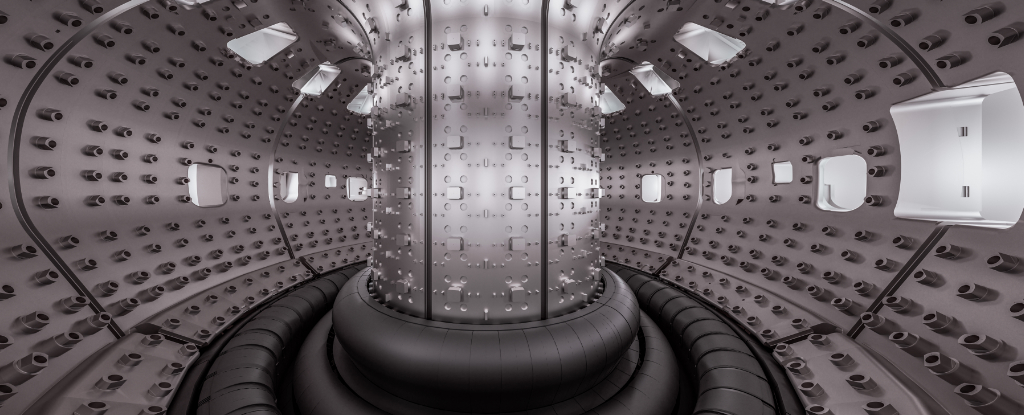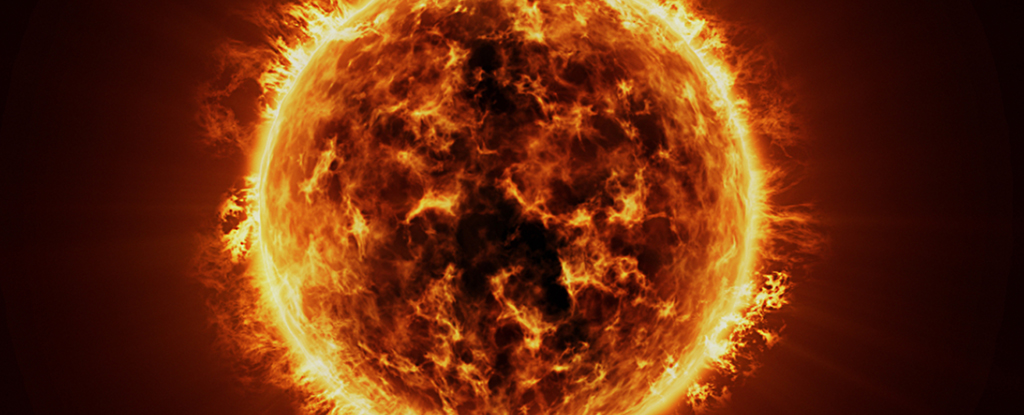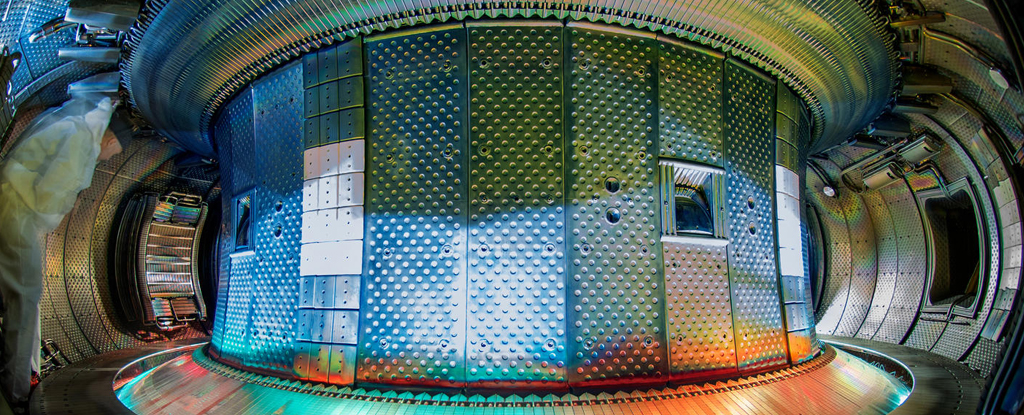
There’s growing optimism that huge amounts of natural hydrogen are stored deep underground. Now, researchers have identified the key geological features that could help us hunt for the clean-burning fuel.

In a world first, Japanese researchers flew a lightning-proof drone in a thunderstorm, using it to induce and direct natural lightning strikes. The team is now working on how this flying lightning rod might capture lightning energy.

In a controversial experiment, a team of physicists investigated whether we could harness the Earth's rotational energy to generate electricity.

French scientists on Tuesday announced that they had reached a "crucial milestone" in the long road towards nuclear fusion by managing to maintain raging-hot plasma for a record 22 minutes.

With much of the developed world hastening its transition to renewables, take a look at some renewable megaprojects around the globe.

Switzerland is leading the way in clean energy with a world-first project: the installation of removable solar panels on active railway tracks.

The team behind the Experimental Advanced Superconducting Tokamak (EAST) in China kept their fusion drive running for more than 1,000 seconds for the first time – lasting for 1,066 seconds (almost 18 minutes) to be exact.

Nuclear fusion promises a virtually limitless, sustainable energy source via processes similar to those powering the Sun, provided some rather tricky and fundamental physics problems can be figured out first.

In the world of solar cell technology, perovskite materials are poised to take on the current reigning champion silicon, but their stability is holding them back. Now, scientists in China have developed a new type of hybrid perovskite.

A fusion reactor in southern France, called WEST, just achieved an important milestone that brings us one step closer to clean, sustainable, nearly limitless energy.

A potentially game-changing and largely unexplored energy jackpot lies beneath the ocean floor. Unique conditions under the sea bed promise cheaper and more accessible geothermal power.

The JET tokamak set a new world record for generating energy from nuclear fusion during its final experiment.

Icelandic scientists are embarking on a groundbreaking project to tap into a volcano's magma chamber for an abundant source of super-hot geothermal energy.

Japan's joint fusion reactor project with the European Union (EU), the JT-60SA, was inaugurated in Naka, Japan on Friday, marking the start of experimental operations for the world's biggest and most advanced tokamak.

Such a breakthrough could one day help curb climate change if companies can scale up the technology to a commercial level in the coming decades.